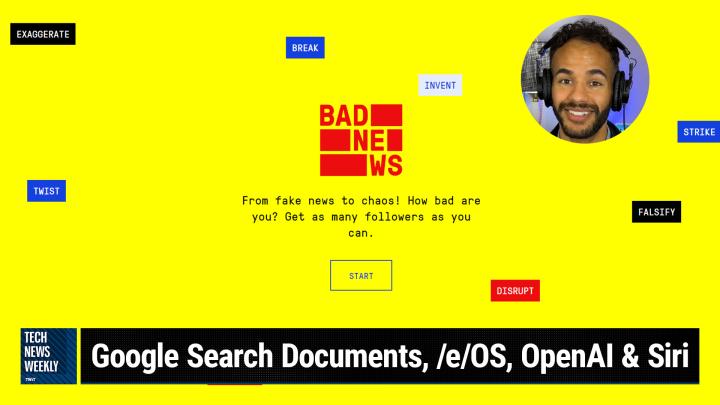Google's Leaked Search Documents Reveal Secrets of Its Search Algorithm
AI-created, human-edited.
In a recent episode of Tech News Weekly, Mikah Sargent discussed the bombshell leak of approximately 2,500 internal documents from Google's search division. The leaked files, confirmed as authentic by Google, provide an unprecedented glimpse into the factors that influence search result rankings, shedding light on years of speculation and debunking some of Google's own claims.
One of the most significant revelations from the leaked documents is the role of Google Chrome user data in determining search rankings. Despite Google's previous assertions that Chrome data does not influence search results, the leaked files suggest otherwise. According to the documents, the sub-links that appear beneath a website in search results are generated based on the browsing behavior of Chrome users visiting that site.
Another key factor in search rankings is the presence of an author byline. The documents indicate that search results featuring a byline may rank higher than those without one. This information is particularly valuable for content creators and SEO professionals looking to optimize their web pages for better visibility.
The leaked documents also provide insights into Google's evaluation of search result quality using the "EEAT" metric, which stands for experience, expertise, authoritativeness, and trustworthiness. Although EEAT is used to assess the quality of search results, Google maintains that it does not directly impact the ranking of those results.
As the tech world digests the implications of this massive leak, questions arise about how this newfound knowledge will shape SEO strategies and the future of Google's search dominance. With regulatory bodies already scrutinizing Google's market position, the leaked documents may provide additional fuel for antitrust investigations.
Become a subscriber and never miss an episode: Tech News Weekly
